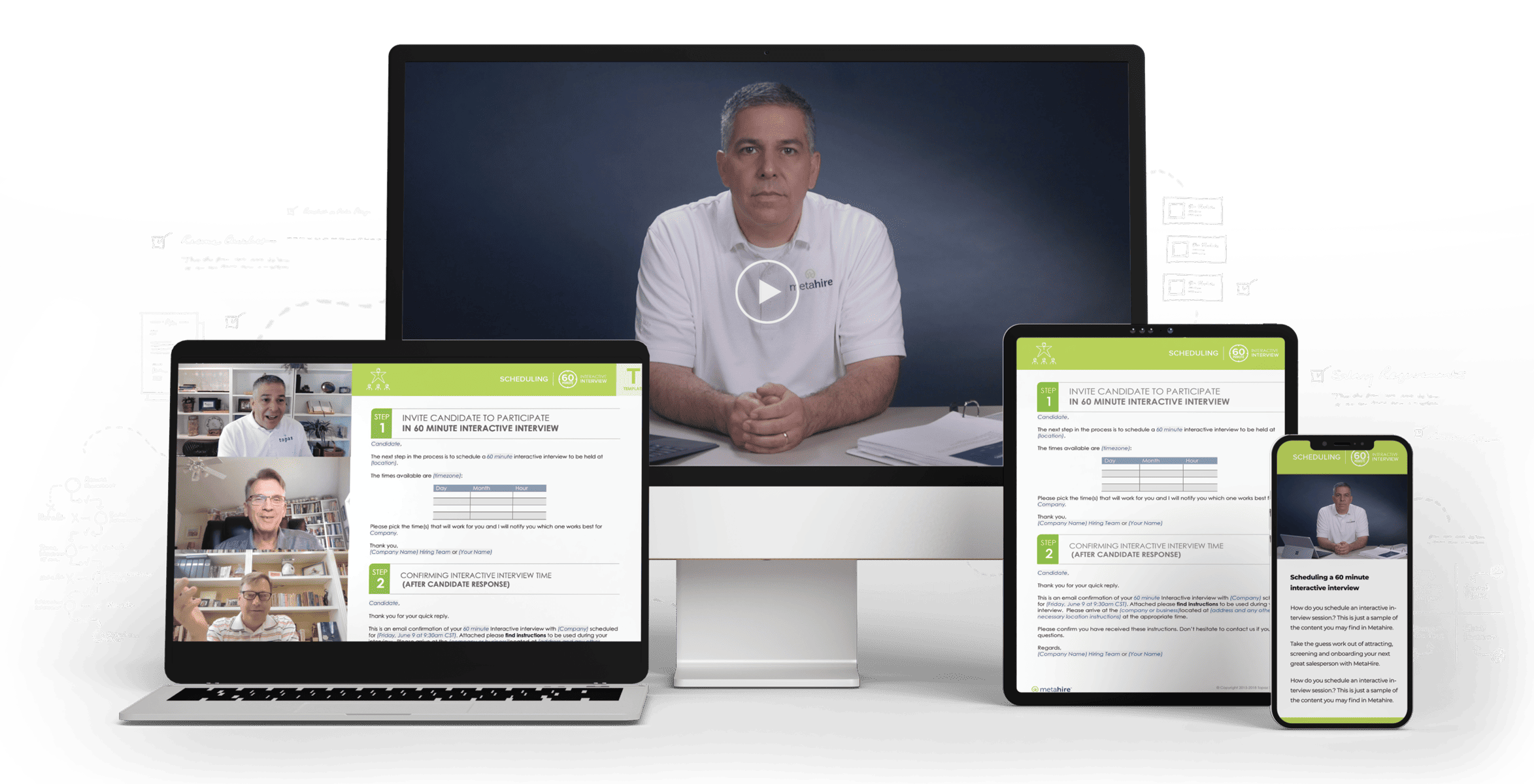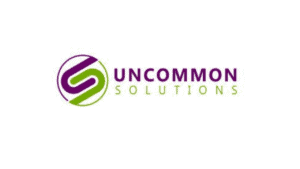Are you or your sales team guilty of falling into the free consulting support trap? It’s a common pitfall that many businesses encounter when trying to provide value to their prospects and clients.
As a sales professional, sales leader, or business owner, you understand the importance of consultative support in building relationships and driving sales. Offering a helping hand, lending advice, or demonstrating expertise isn’t bad until it is. Beware of the potential drawbacks of unlimited free support, or you may be taken advantage of by buyers trained to capitalize on your generosity.
Keep reading to learn how to apply the Buyer Facilitator approach to avoid getting caught in a free consultative support trap.
The Illusion of Unlimited Free Consulting Support
Offering free consultative support can be an enticing proposition. It’s a chance to showcase your expertise, build rapport, and position yourself as a trusted advisor. After all, who doesn’t appreciate some free assistance? However, it’s crucial to recognize the potential pitfalls that lurk within offering unlimited free support.
Making uneducated assumptions can be deadly to sales organizations — so assuming that offering unlimited free support will automatically translate into more deals is a perfect example of what not to do if you want to succeed in sales.
Meet Sarah, a sales manager eager to land a deal with Mark, a potential client. Intent on impressing him with her expertise, Sarah provides unlimited free consultative support, hosting multiple sessions and offering tailored strategies.
As weeks pass, Sarah’s investment in Mark’s queries consumes her time, but Mark continues to delay commitment. Her other responsibilities suffer, and her team feels stretched thin.
Eventually, Mark goes with a competitor’s solution, leaving Sarah to realize she’s fallen into the illusion of unlimited free support. Her desire to be the expert was exploited, and her lack of boundaries cost her time, resources, and the deal. This tale underscores the need for discernment, clear guidelines, and a solid sales process to avoid the trap of offering free support.
While providing valuable insights and assistance can leave a positive impression, it’s essential to be discerning with your time and resources. You must set clear boundaries to avoid investing significant efforts into individuals who may not want to become paying clients. Establish limits on free consultative support to ensure your focus is directed toward those who demonstrate a genuine interest in your products or services.
Another downside of unlimited free support is the unintentional devaluation of your expertise. When prospects and clients have unrestricted access to your guidance, they may need help to grasp the actual value of your knowledge and the effort you invest in delivering personalized recommendations. By setting boundaries, you convey that your time and expertise are precious commodities — fostering a sense of respect and encouraging clients to appreciate and leverage the insights you provide fully.
Recognizing the Signs of the Free Support Trap
Sarah and Mark’s story is not an isolated incident but a widespread issue in sales. To prevent falling into the trap of unlimited free support, it’s essential to recognize its early signs. Here are some common indicators:
- Time Investment Outweighs Returns: You find yourself investing a disproportionate amount of time in providing free support compared to the actual returns or progress in the sales cycle. If you’re spending hours advising prospects without moving closer to a sale, it’s a red flag.
- Repeated Requests Without Commitment: Prospects continually request more information, advice, or support, yet hesitate or delay when it comes to making a commitment. This pattern suggests that they are more interested in the free support than in purchasing your product or service.
- Neglect of Paying Clients or Core Responsibilities: You’re so focused on providing free support to potential clients that your paying clients or primary sales tasks are being neglected. This can lead to a decline in service quality and satisfaction among your existing customer base.
- Prospects Dictate the Engagement Terms: If prospects start dictating the terms of engagement, like demanding more time or resources without any intention to pay, it’s a sign that the relationship is unbalanced.
- Feeling Undervalued: A subtle yet powerful indicator is a sense that your expertise and time are not being appropriately valued. When prospects treat your consultative support as a given without recognizing its value, they are likely taking advantage of the free resources.
- No Clear Path to Sale: Despite your consultative efforts, there’s no clear progression towards a sale. Conversations tend to revolve around free advice rather than how your product or service can be a paid solution to their problems.
- Competitors Benefit from Your Efforts: In some cases, you might find that after offering extensive free advice, the prospect opts for a competitor’s solution. This scenario indicates that your free support is being used to gather information or ideas rather than leading to a sale with you. In the end, you may have inadvertently helped your competition by providing free resources.

The True Value of Consultative Support
We’re not suggesting eliminating free support in your sales organization — that wouldn’t align with our philosophy of always putting the customer first. You must be careful with how much support you offer and to whom. There are plenty of benefits to providing free consultative support to your clients as well.
One of the critical advantages of consultative support is its ability to foster deep understanding. By taking the time to listen, ask probing questions, and truly comprehend your client’s challenges and goals, you gain invaluable insights. This understanding allows you to provide tailored solutions that precisely address their pain points, showcasing your expertise and positioning you as a trusted advisor.
Moreover, consultative support establishes a foundation of partnership. Rather than adopting a one-sided, transactional mindset as a sales team, you become an ally in your clients’ success journey through Buyer Facilitation. You demonstrate a vested interest in their growth by actively collaborating, co-creating strategies, and offering ongoing support. This level of partnership builds trust, strengthens relationships, and often leads to long-term loyalty and repeat business.
Consultative support also enables you to uncover untapped opportunities. You gain a holistic view of your client’s needs and aspirations through in-depth conversations and active listening, allowing you to identify additional value-added services or products that may benefit them. By presenting these opportunities, you demonstrate your commitment to their success and open new avenues for revenue growth.
Furthermore, consultative support is an effective tool for differentiation. Your support level becomes a critical distinguishing factor in a competitive market where products or services can seem interchangeable. By going beyond transactional exchanges and offering personalized attention, expertise, and strategic guidance, you position yourself as a partner who genuinely cares about your client’s success. This differentiation strengthens your brand, builds credibility, and differentiates you from competitors.
See how we’ve demonstrated value in client partnerships here.
Communicating Boundaries and Adding Value
Effectively communicating your boundaries and adding value beyond the set limits of consultative support is imperative for maintaining healthy client relationships and ensuring mutual understanding. Let’s explore some strategies to achieve this.
Transparency is vital. Communicate your consultative support ground rules to prospects and clients from the outset. Discuss the scope of the support, including the number of sessions, duration, or specific focus areas. Setting these expectations upfront establishes a foundation of understanding and avoids potential misunderstandings.
Emphasize the value of your expertise and its impact on clients’ success if they work with you in a more formal, partnership-oriented capacity. Showcase the unique insights and strategies you bring to the table and explain how these insights go beyond the scope of complimentary support. By highlighting the additional value they gain from your expertise, clients will appreciate the opportunities for growth and development that lie within the premium support options.
Offering premium support options that extend beyond the limitations of free consultative support is a great way to demonstrate additional value to clients already tapping into your consultative services. These options can provide a deeper level of engagement, such as one-on-one coaching sessions, personalized assessments, or access to specialized resources. By clearly outlining the additional benefits and demonstrating the impact of these premium services, you allow clients to invest in their growth while acknowledging the value you bring.
Active communication plays a vital role in adding value. Regularly engage with your clients to check their progress, offer insights, and provide relevant industry updates. This ongoing dialogue strengthens the relationship and demonstrates your commitment to their success — ensuring that your clients feel supported and valued even within the defined boundaries.
Get Help With Your Consultative Approach
While free support can be a valuable starting point, setting boundaries that allow for sustainable growth and profitability is essential. By establishing clear guidelines, you communicate the value of your expertise and position yourself as a trusted advisor. Remember, it’s not about withholding support but rather ensuring that each interaction is purposeful and adds meaningful value.
So, take a moment to assess your approach to consultative support. Are you unknowingly falling into the free consulting support trap? Evaluate your boundaries, communicate them effectively, and focus on providing exceptional value within those limits. By doing so, you’ll achieve lasting results and build solid and long-term relationships with your clients.
Elevate your sales approach to building sustainable growth and meaningful client relationships by speaking with a Topaz Sales Consultant today.







